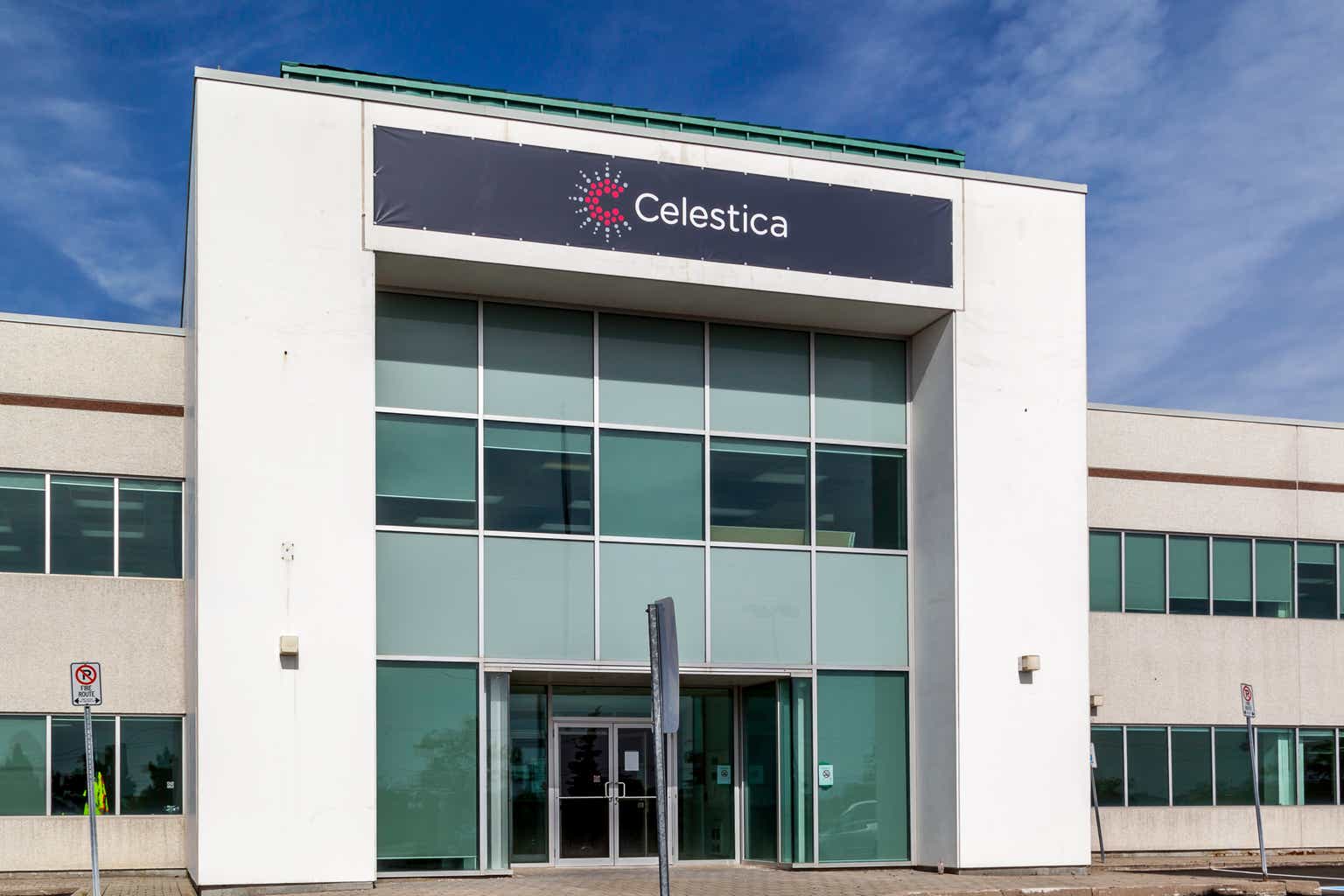Fears about waning consumer confidence and downbeat forecasts have weighed on shares at Lululemon Athletica.
The Canadian company warned that consumers are spending less on activewear due to concerns about the economy and rising prices.
Retailers are facing a challenging consumer environment as shoppers tighten their purse strings amid worries about household finances and the impact of President Trump’s tariffs on the US economy.
The concerns about faltering consumer demand come despite Lululemon recording revenues of $3.6 billion in the three months to February 2, up 14 per cent from the same period a year earlier.
Calvin McDonald, chief executive of Lululemon, told analysts on an earnings call that shoppers were cutting back on their spending.
“We started this year with several compelling new product launches, but we also believe the dynamic macro environment has contributed to a more cautious consumer,” McDonald said.
Shares in Lululemon fell by 14 per cent on Friday after the company posted a more downbeat outlook for the year ahead. The fitnesswear retailer expects to report sales of between $11.15 billion and $11.3 billion for the 2025 financial year, lower than analysts predicted.
The retailer is known for its high-end sportswear, with its popular leggings selling for over £100. The Vancouver-based business was founded in 1998 by Chip Wilson, the American-Canadian businessman.
In a sign that US consumers were cutting back on sportswear purchases, Lululemon reported that comparable sales in the three months to February 2 were flat against the same period a year earlier, while international sales rose 22 per cent.
McDonald added that in a survey carried out by Lululemon this month, the company found that households were reducing their spending due to fears about the economy and inflation, which was weighing on the business’s 374 US stores.
However, he said shoppers had responded well to innovation at the sportswear retailer. The business has expanded its range of products and launched clothing for sports such as golf and tennis in an effort to boost demand.
Three years ago McDonald set out his long-term strategy for Lululemon with a target for revenues of $12.5 billion by 2026.
However, Lululemon said that consumers were coming into shops less and that the company was facing increased competition, which had slowed growth particularly in its North American stores.
At lunchtime in New York on Friday, shares in Lululemon had fallen $47.82, or 14 per cent, to $293.71.









:max_bytes(150000):strip_icc():focal(352x167:354x169)/Chris-Evans-Surprised-a-Captain-America-Superfan-When-He-Completed-His-Tattoo-Tribute-040325-f7d9568c5e234503bb74412ea53876b6.jpg)



